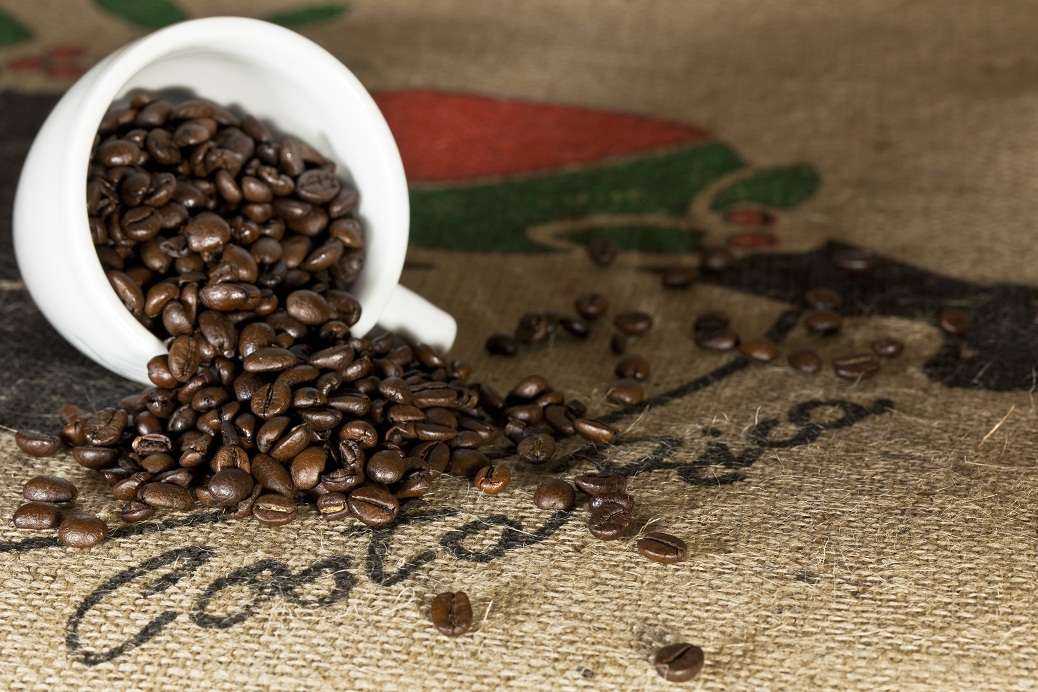SAN JOSÉ, Costa Rica – The production of coffee around the world, including Costa Rica could be affected by climate change, stated experts and authorities at the first World Coffee Producers Forum in Colombia. They also warned no country is ready to face these problems.
Because of how sensitive coffee plants are to small fluctuations in temperature as the temperature goes up this will affect the coffee production which in the past few years has been overtaken by the demand.
According to the 2016 report of the Australian Climate Institute estimate that by 2050 the land available for coffee production can reduce to half due to the raise in temperature, which also causes an increase in plagues, fungus and other diseases.
The International Coffee Organization which brings together 43 exporting countries, among them Costa Rica, explained that for the past two years there’s been a difference between the production and the consumption; in the period of October 2015 to September 2016 the consumption was of 151.3 million bags of 60 kilograms of coffee, and a deficit of 3.3 million bags which was handled with the overproduction of previous years. Since 2012 the annual average growth has been of 1.3%.
A decrease in the production means, the global demand could not be met.
The president of the National Coffee Federation of Colombia, Roberto Vélez, gave as an example the black frost of 1975 in Brazil, which caused the loss of half the production. “If something of this magnitude happens again, where are we going to get 25 million bags from?”.
The coffee business supports 25 million families in 60 countries and it’s a world market that generates close to 00 billion dollars, according to data by the International Coffee Organization of the first semester of 2017.
The answer to face this problem is based in two aspects: mitigation and adaptation.
Part of the solution does not depend on the coffee producers but the countries and society in general to bring down the carbon emissions; coffee producers can try to mitigate the problem by taking on different practices to create a stronger, more resistant variety of coffee and find ways to increase the productivity.
Laura Alvarado
















